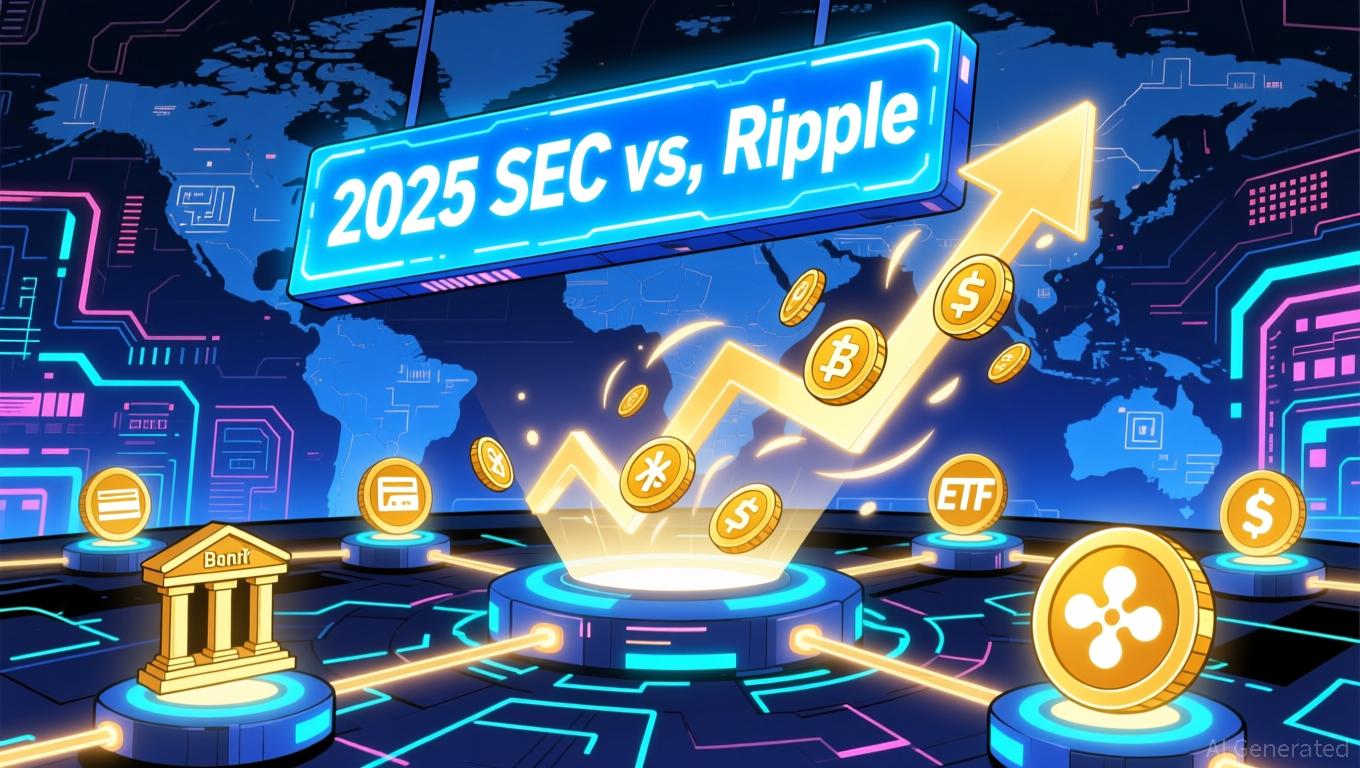- Bhutan launches national digital identity system on Ethereum
- Vitalik Buterin and Aya Miyaguchi attend the official launch
- Move showcases real-world use of blockchain in governance
In a groundbreaking move, Bhutan has officially become the first country in the world to launch a national digital identity system on the Ethereum blockchain . The launch was celebrated with a formal ceremony attended by Ethereum co-founder Vitalik Buterin and Aya Miyaguchi of the Ethereum Foundation, signaling strong support from the global blockchain community.
This initiative is more than a technical milestone—it’s a strategic leap in how nations can adopt decentralized technology for public good. Bhutan’s new system will allow citizens to prove their identity securely, with full control over their personal data.
How Bhutan’s Digital ID System Works
The national identity platform uses zero-knowledge proofs (ZKPs), a cryptographic method that enables identity verification without revealing personal information. This technology ensures privacy, security, and user control—three pillars of blockchain philosophy.
Built on Ethereum’s public blockchain, this system is designed to be interoperable, allowing for integration with various services both inside and outside Bhutan. Citizens will be able to use their digital IDs for banking, government services, and potentially even travel, all while maintaining full data privacy.
The initiative is being spearheaded by Druk Holding and Investments (DHI), Bhutan’s state-owned commercial arm, in collaboration with international blockchain developers and the Ethereum Foundation.
A Model for Other Nations
Bhutan’s move sends a strong message to the global community: blockchain technology is ready for real-world government applications. By choosing Ethereum, a globally decentralized network, Bhutan is not only enhancing transparency and trust but also positioning itself as a digital-first nation in the Web3 era.
Vitalik Buterin’s presence at the launch highlights the significance of this development. Speaking at the event, he emphasized the importance of decentralized identity in empowering individuals and transforming how governments interact with citizens.
This bold step may very well inspire other countries to explore blockchain-based identity solutions.




